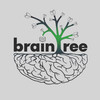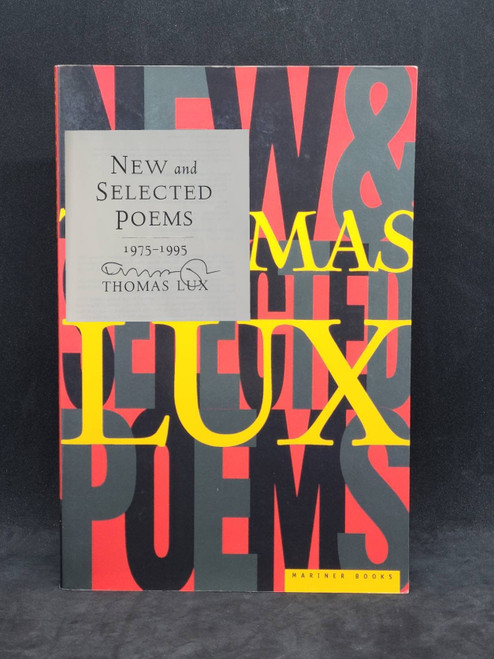Washing Silk: The Life and Selected Poetry of Wei Chuang (Harvard-Yenching Institute Monograph Series)
Published by Council on East Asian Studies, Harvard University, and distributed by Harvard University Press, 1988. Hardcover. Xiii, 289 pages. Black cloth with gold foil title to spine.
VG. Clean and firm. Bright pages. Free of markings.
◇
Wei Chuang was a prolific Tang dynasty poet. He not only wrote in the "shih" form (poems in the old and new styles, the latter having strict rules of meter, rhyme, and euphony), but also was one of two literati founders of the "tz'u" (lyric) tradition, based on a popular song form. This tripartite study provides a thoroughgoing picture of his life and work.
The book begins with the first detailed biography of Wei Chuang in a Western language, drawn both from historical sources and Wei's poetry. The "shih" poems are intensely autobiographical and provide insight into Wei's own experience and into the situation in China at the end of the ninth century. A second section analyzes the poetry, demonstrating that Wei's "tz'u" cannot be understood without reference to his "shih" compositions, a new approach to the totality of Wei's work. Finally, this volume presents translations, briefly annotated, of 110 "shih poems," including his major narrative poem, "The Lament of the Lady of Chin," and almost all the "tz'u" attributed to him, constituting more than a third of Wei Chuang's extant poetry. The translations, while hewing close in meaning to their Chinese originals, have considerable value as poems in English.
This work offers information that is useful to those interested in the literature, history, and general culture of medieval China. The translations bring to modern readers of English poetry the pleasures of becoming acquainted with a complex and innovative voice from the Chinese past.












